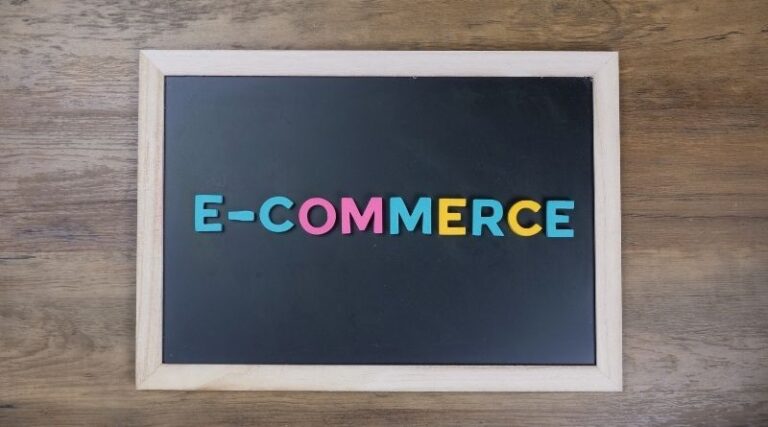Building a profitable online business is simple and inexpensive thanks to top e-commerce platforms. Of course, with so many alternatives available, picking the best system for your requirements may be difficult. We created this list of the top e-commerce platforms for 2023 as a resource. All the elements you require to launch your website quickly, increase traffic, and increase revenue are present in these solutions.
The 2023 Top E-Commerce Platforms
The best overall e-commerce platform is Squarespace.
The best for omnichannel selling is Square Online.
Ecwid: The Greatest for Current Websites
Top Free E-Commerce Platform: Shift4Shop
The best for dropshipping is Shopify
The top drag-and-drop editor is Wix.
Best Value on Weebly
BigCommerce is ideal for increasing sales.
WooCommerce: The Versatile Choice
Best for Creatives: Big Cartel
What Is an E-Commerce Platform?
A software program called an e-commerce platform aids companies in setting up and managing their online storefronts. This can cover various topics, such as hosting, payment processing, website design, and more. In other words, you need everything in one location to manage your shop. E-commerce systems like Shopify, WooCommerce, Wix, and Squarespace are examples.
The top e-commerce systems will provide a wide range of options for features and integrations, making it simple to create the precise shop you want. They will also be simple to use, allowing you to rapidly and hassle-free open your business.
Important E-Commerce Components
There are specific features that every e-commerce platform must have in order for a business to be successful online, regardless of the type you choose. They consist of:
processing of payments. It goes without saying that every e-commerce firm must have the capacity to take payments online. Although all platforms will provide some form of payment processing, double-check the payment methods they accept. You could require a merchant account or your own payment processor.
Shipping. Another crucial component of e-commerce is shipping. Ensure sure the platform you select has shipping connectors that are appropriate for your company. You will need a platform that can integrate with freight companies, for instance, if you sell huge things that must be shipped by freight.
inventory control.inventory control. It’s critical to keep track of your inventory to prevent overselling and stock shortages. The majority of e-commerce systems will include some form of inventory management, although the specifics and features will differ from platform to platform.
management of customers. Customer management will be provided by a solid e-commerce platform. Items like customer accounts, wishlists, order histories, and loyalty can be included in this. This is crucial if you want to maintain track of your customers’ orders and give them a positive customer experience.
Analytics. Analytics are essential for comprehending your business and identifying areas for improvement. To track metrics like conversion rate, average order value, customer lifetime value, and more, make sure the platform you choose offers detailed analytics.
Marketing. Marketing is a fantastic technique to increase customers and revenue at your shop. Ensure that the platform you select has marketing tools like coupons, emails for abandoned carts, and social media integrations.
product administration. Organizing and managing your items will help you assure accuracy. A platform should have features like product variations, inventory management, product reviews, and more.
optimised for mobile. To make sure your store appears attractive and works properly on mobile devices, mobile optimization is crucial. Make sure the platform you select is mobile-friendly and responsive.
Security. To safeguard the information of your clients and keep your business safe from fraud, security is crucial. Verify that the platform you chose has PCI compliance, SSL certificates, and password protection.
conclusion:
On the other side, platform providers host cloud-based e-commerce platforms. This implies you have less control over your website but also means you don’t have to worry about things like server maintenance.Read more from Businessjournalonline.com








